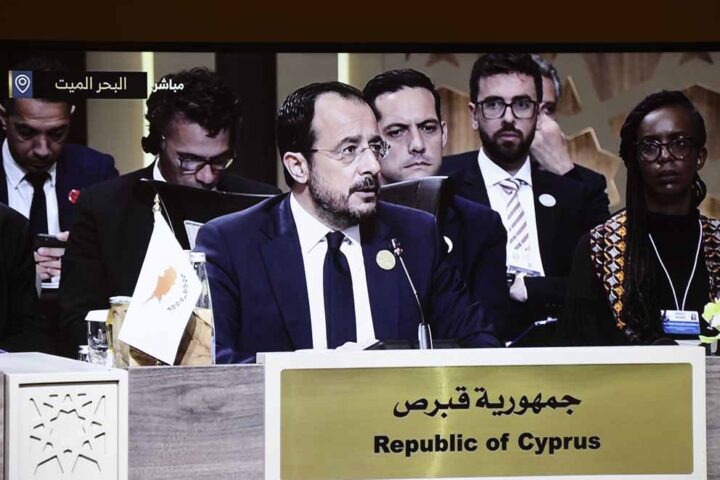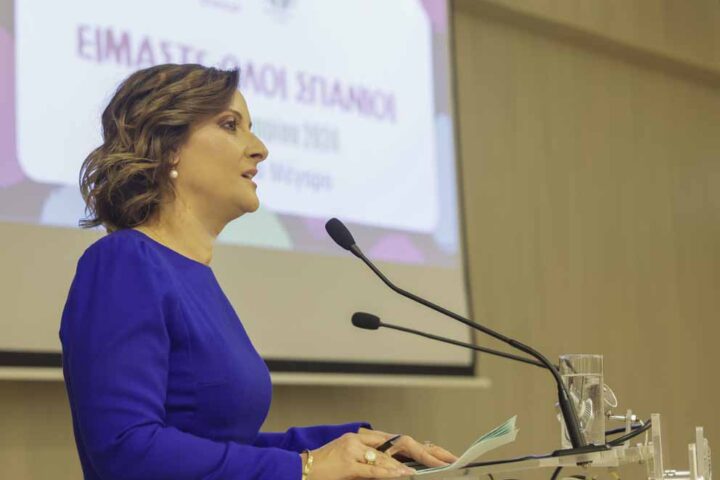January will be a busy month for Cyprus, as the EastMed natural gas pipeline gets the green light from partner countries whose leaders will sign the intergovernmental agreement in Athens, on January 2.
This is the first time the 1900km project running from Israel’s Levantine Basin offshore gas fields to Italy is placed so high on the political agenda of Israel, Cyprus and Greece, which had so far been limited to declarations of support and side-lined by the more attractive and news-grabbing deals for exploration within the Cyprus EEZ.
This period of increased tension in the area, exacerbated by Turkey’s meddling in northern African affairs, will also test the resolve of Cyprus’ new alliances, based on common energy interests and shared hostility towards Ankara’s expansionist threat.
For the EastMed to become a reality, Italy’s PM needs to firmly be on board by overcoming objections to the subsea route of the pipeline, which when completed, could provide up to 10% of the EU’s natural gas needs, decreasing energy dependence on Russia.
It is only natural that both Russia and Qatar, which have a vested interest in the EastMed pipeline failing, keep on egging Turkey to become the neighbourhood’s troublemaker, by providing Erdogan with promises of money, investments, tourism and arms.
This has worried many countries in the region, which have only now realised that Turkey’s ambitions to take control of Middle East hegemony are a direct danger to their wellbeing.
Athens has only now woken up to the reality that by delineating its maritime frontiers with the Libyan regime, Turkey is also threatening the security of the region, more so of its own shores and specifically of Crete.
It lies nearest to the Greek EEZ. This means they could be trapped into a corner whenever they embark on oil and gas explorations in the Aegean, forcing Greece to negotiate revenue-sharing agreements with Turkey, just as Erdogan wants from Cyprus.
But by setting foot on African soil, Turkey has woken the giant of Egypt that has a standing army and firepower to match.
Unlike in Syria, where Ankara has played both the US and Russia to letting it do whatever it likes, the government in Cairo will never tolerate the successor of the Ottoman Empire to try and re-establish its former glory, regardless if it is supported by Moscow, Qatar or any other state.
Although without a formidable army, and mistakenly never invested in a decent navy, Cyprus does not have much to say in this regional state of affairs.
Yet, it can contribute substantially to regional diplomatic efforts which have reached a critical point with the billowing crisis in Lebanon, the EU’s incompetence to take the role of gamechanger in Syria, and other fronts of growing discontent, such as in Iran and even Turkey itself.
The government in Nicosia must ensure that energy security is at the top of its agenda, as this will determine whether the other EU member states will restore Cyprus’ credibility, damaged by our inability to move ahead with UN peace talks, greed for quick money from the cash-for-passports and unwillingness to conform with European rules on many social, economic and environmental issues.
Perhaps it is also time that Cyprus rid itself of the fear of voodoo politics and considered the option of NATO membership before this military alliance collapses as well.










